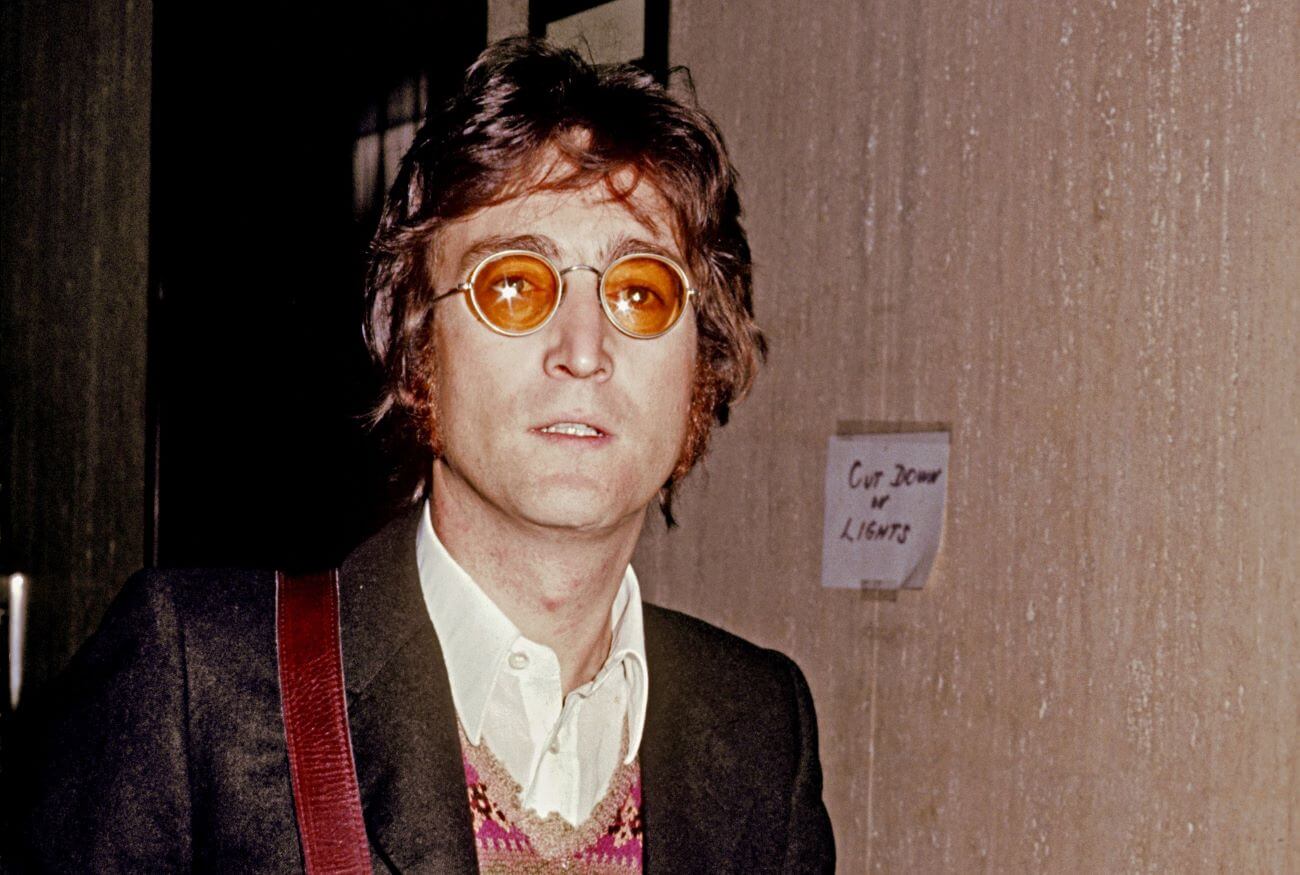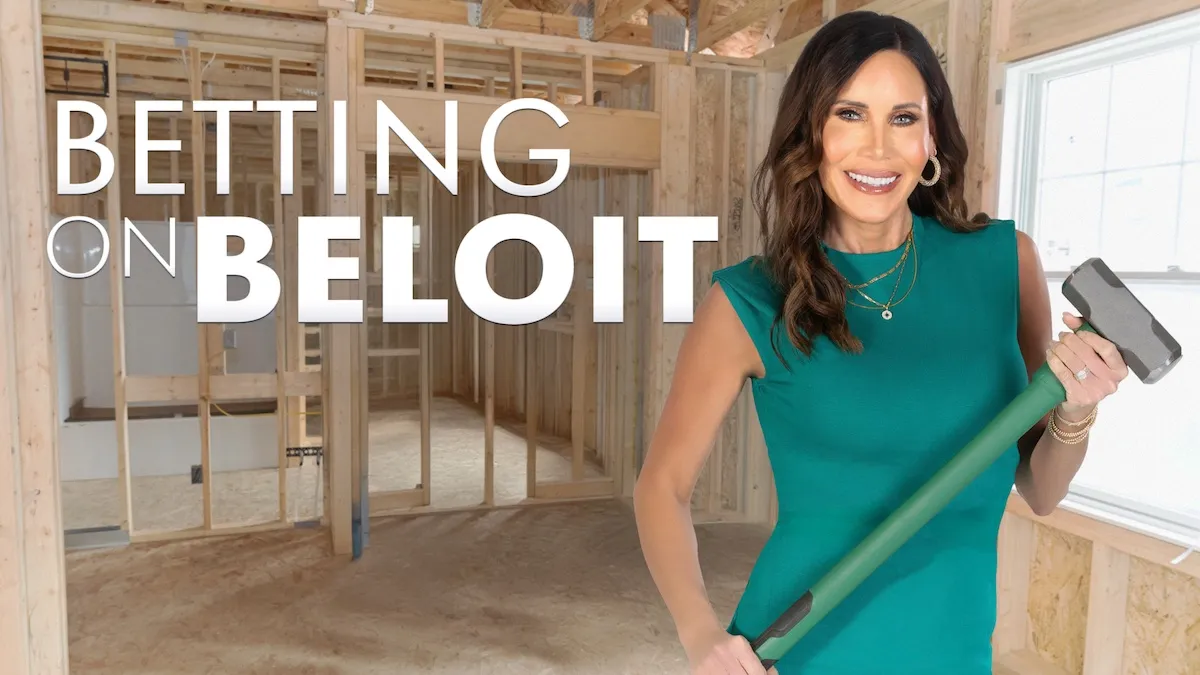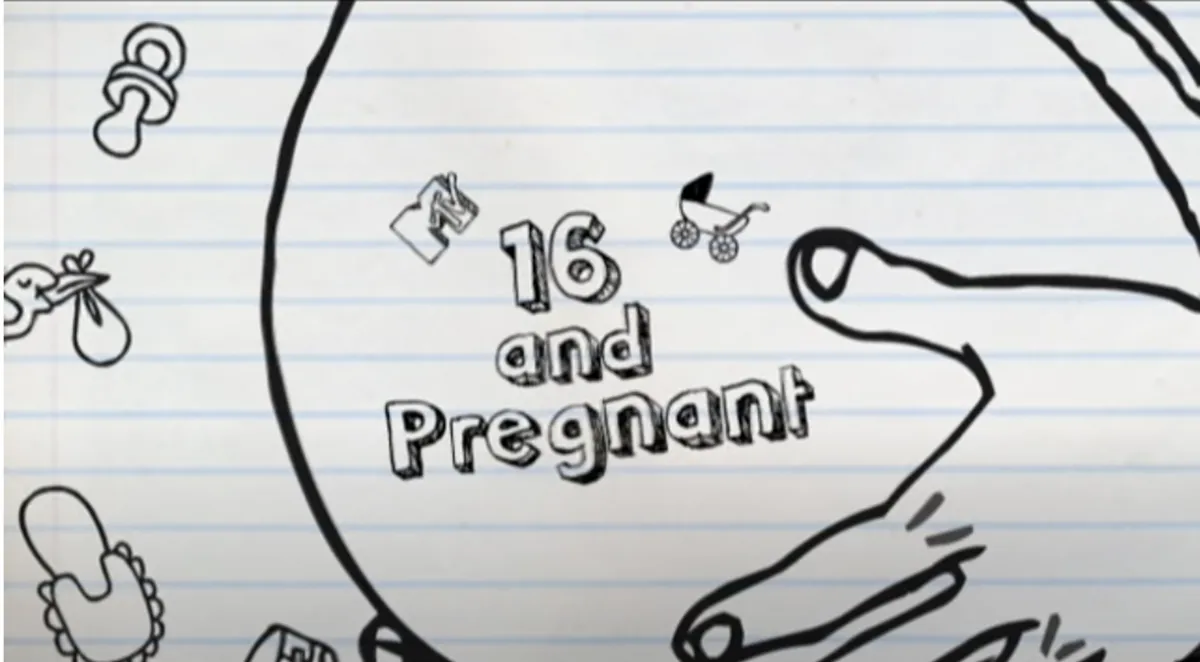
John Lennon’s Friend Quit Working for Him Because He Felt Like a ‘Servant’
John Lennon and his childhood friend Pete Shotton remained close for years, even after Lennon’s success in The Beatles. Shotton admitted that Lennon changed his life by giving him a new career path. Eventually, though, he decided to quit working for Lennon. He became Lennon and Yoko Ono’s personal assistant and resented the fact that they treated him like a servant.

John Lennon gave his friend a new career path in the 1960s
Lennon and Shotton met as children and hit it off immediately. Per Billboard, another friend, Michael A. Hill, said Shotton quickly became Lennon’s “partner in mischief and mayhem.” They played in a band together and remained close throughout their school years.
While the friends drifted apart when Lennon rose to prominence with The Beatles, they didn’t remain distant for long. After a chance encounter in 1965, Lennon promised Shotton he would support him in any business venture he chose. He ultimately bought Shotton a supermarket to run.
“I was on holiday in Hampshire when I noticed this supermarket on Hayling Island,” Shotton said, per the book The Beatles: The Authorized Biography by Hunter Davies. “I liked the look of it. So John bought it for me to run. It cost £20,000.”
Shotton said that this changed his life.
“If John hadn’t come along then, I might have ended up a crook,” he said. “This is what John says he might have ended up himself. I had no money at all. I was getting into lots of shady deals and meeting bad people through the cafés.”
John Lennon’s friend didn’t feel respected
After running the supermarket for two years, Shotton left the role behind because Lennon wanted him to work as the manager of the first Apple Boutique in London. He did so for several months, but the project was ultimately a disaster.
“It was total madness,” Shotton said. “I had four bosses giving different orders.”
The boutique closed after six months, and Shotton began working as a personal assistant to Lennon. Shotton enjoyed the role, but he refused some assignments, such as when Lennon asked him to tell his wife, Cynthia, that their marriage was over. It all became too much after Lennon’s marriage to Yoko Ono.
“Yoko was soon treating me like a servant to order about,” Shotton said.
He ultimately quit after Lennon asked him to clean an apartment for him.
“Who the f*** do you think I am, John?” Shotton told him when he resigned. “I’m not here to clean up your dirty underpants and your girlfriend’s knickers. I’m Pete, remember?”
This shows the contradictions in Lennon’s personality
Lennon’s treatment of Shotton showed the contradictions in Lennon’s personality. Depending on how it served him, he could be kind and cruel to a close friend. It also demonstrated the disparity in how he viewed himself versus the way he really was.
“In his head and his memories, John was a working-class hero, but of course he wasn’t,” Davies wrote in Lennon Remembers. “He was brought up in semi-detached suburbia by Mimi, his aunt, a snob who looked down on snotty-nosed councilhouse kids like Paul [McCartney] and George [Harrison]. In his mind, he’d been a teddy boy tearaway, street fighter and gang leader, but in reality he had run like hell when trouble or violence broke out.”
At this point in his life, Lennon had released the song “Working Class Hero” and portrayed himself as a politically involved man of the people. Despite this, he was willing to treat one of his oldest friends terribly so that he could live more comfortably. The way he viewed and presented himself publicly was at complete odds with his behavior in private. Shotton was right to quit.


